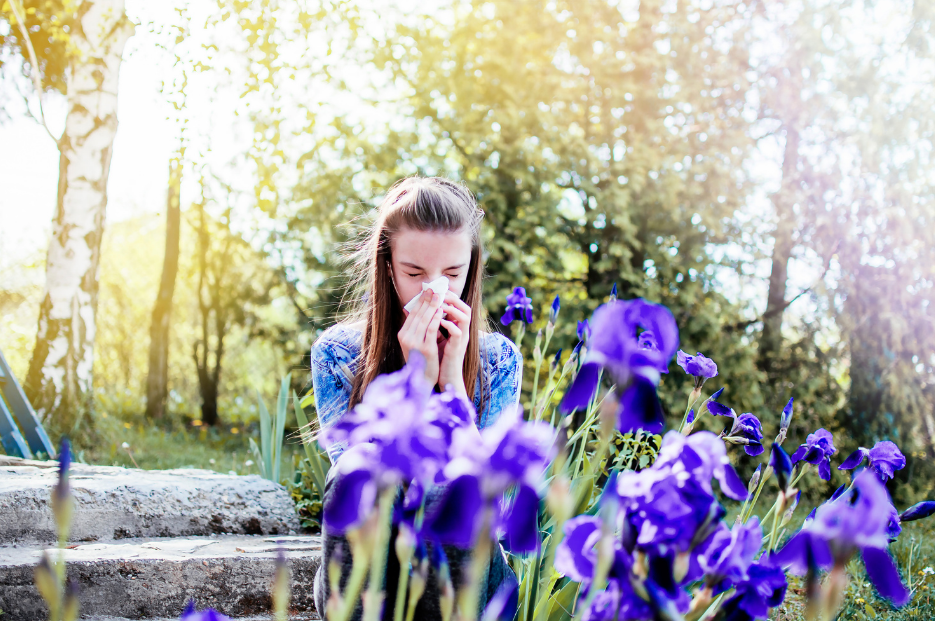When you live in Chicago, winters are often spent counting down the days until spring. Now that the seasons are turning, it’s time to get ready for warmer weather, patio dining….and spring allergies.
One of the most important tools for successfully combatting spring allergies is to get ahead of your symptoms. Ideally, you should start taking your allergy medications two to three days before any itching and sneezing would normally occur. For even smoother, more potent control of spring allergies, consider allergen immunotherapy shots.
Below are five tips from the American College of Allergy, Asthma and Immunology to help you prepare for the onslaught of this year’s spring allergy season.
- Covid’s still a factor – As much as everyone wishes Covid were gone, it’s still present, and some Covid symptoms resemble allergy symptoms. Both Covid and allergies can involve a cough, fatigue, and headache. In addition, especially the Omicron variant can cause more nasal congestion, runny nose, sneezing, postnasal drainage, and symptoms of a sinus infection. Allergies, however, rarely involve a fever. If you think it might be Covid, get tested as soon as possible. If it’s not Covid and your symptoms have been dragging on for a while, consult an allergist who can do testing to see if you might be suffering from seasonal allergies.
- Not all medications are equal – If you’ve used pseudoephedrine for your allergies in the past and found it to be effective, know that it has side effects. Pseudoephedrine is popular for helping to clear up congestion, particularly stuffy noses, but it has side effects including high blood pressure, insomnia, loss of appetite, irritability, and heart palpitations, and should not be taken if you are pregnant. It is only available by prescription or by specially requesting it from a pharmacist, depending on what state you are in.
- It’s worth it to identify your allergy triggers – Not everyone is allergic to the same things, so seasonal allergies can look different for different people. Know what your triggers are to treat them properly. The “launch” of the spring allergy season depends on where you live. That’s a reason to see your allergist to pinpoint when your symptoms might begin. Talk to your allergist if over the counter medicines aren’t helping.
- Take a deep breath – or not – As tempting as it is in spring to fling open your windows and take a breath of fresh air, if you are allergic to pollen, you’re better off keeping windows closed. Breezes and open windows can bring in unwanted pollen that can make your allergies flare. Use your air conditioning in both your home and in your car to keep pollen out of your environment.
- See your allergist early in the season – Allergists are specially trained to help you get tested, get treated and get better. They have many tools in their arsenal to deal with symptoms, including immunotherapy. One of the best ways to target your allergies is through immunotherapy. Immunotherapy – allergy shots – is designed to target your exact triggers and can greatly reduce the severity of your symptoms. Allergy shots can also prevent the development of asthma in some children with seasonal allergies.
If you are suffering with nasal allergy symptoms and your regular treatments aren’t working, it’s time to see a board‐certified allergist. They are specially trained to help you take control of your allergies and asthma, so you can live the life you want. You can schedule an appointment with Premier Allergy, Asthma & Sinus Care online here or call us at (773) 665-4016.




